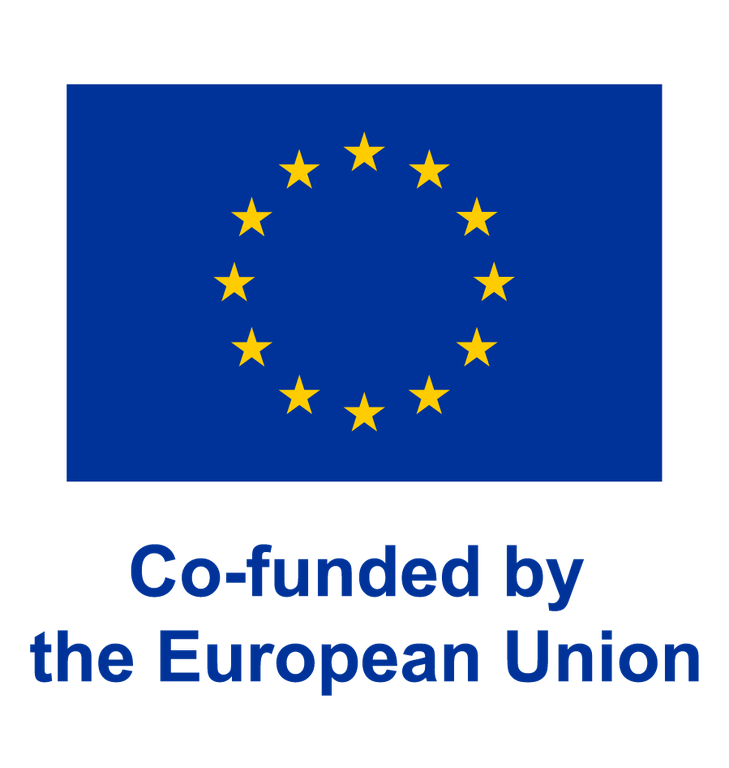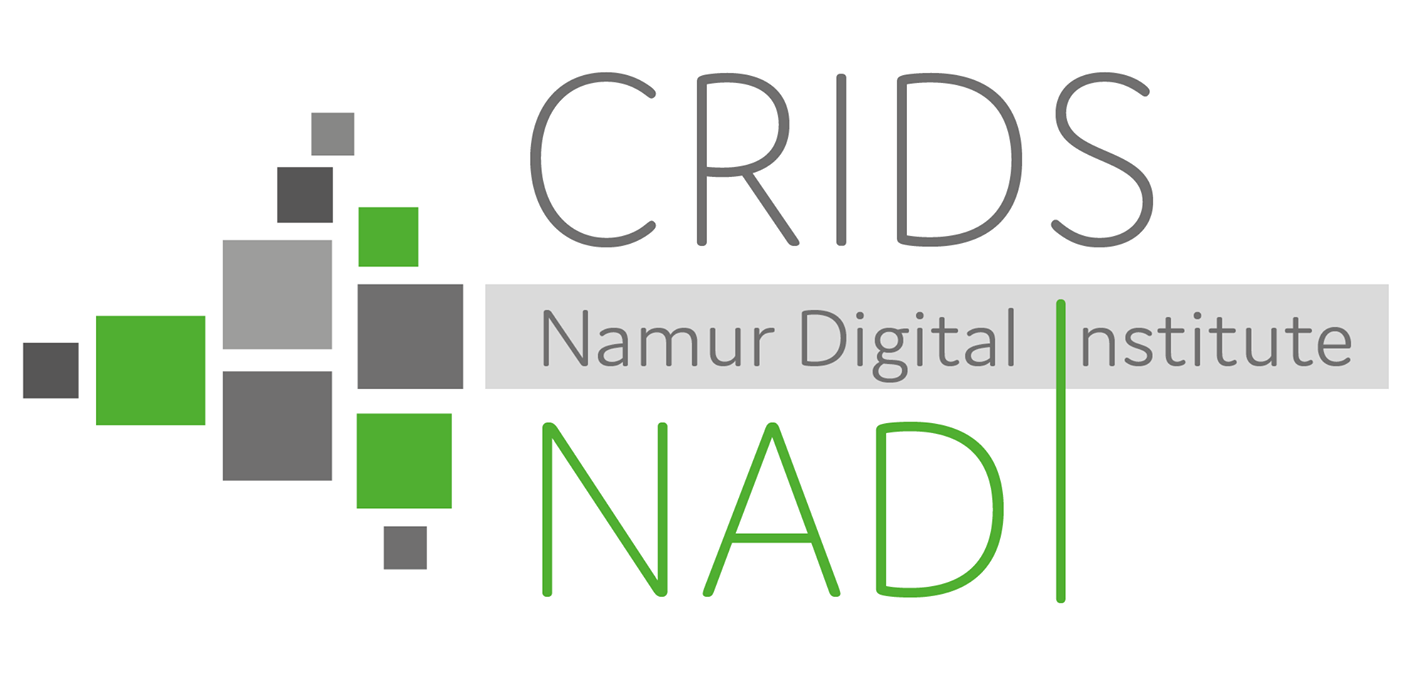TEF-Health : Testing and Experimentation Facility for Health AI and Robotics
The EU project TEF-HEALTH aims to test and validate innovative artificial intelligence (AI) and robotics solutions for the healthcare sector and accelerate their path to market. The 51 participating project partners from nine European countries will receive funding to the tune of about 60 million euros, with half coming from the European Commission under its Digital Europe program and half from national funding agencies.
The plan is for the project partners to develop new regulatory and ethical requirements, including, for instance, standardized testing protocols and certifications or a specific code of conduct for use of the technology. In addition, the necessary technical and administrative procedures must be developed and created. CRIDS is part of WP2 and is in charge of the legal and ethical aspects. On board the TEF-Health project are therefore leading hospitals, universities, and clinical research institutions such as Sweden’s Karolinska Institutet, as well as state-designated testing organizations such as German safety inspector TÜV and the National Metrology Institute of Germany and its French counterpart, the “Laboratoire national de métrologie et d'essais” (LNE).
The newly created evaluation resources and infrastructure will be made available to industry in the future in the form of fee-based services. Widespread use of these comprehensive testing and evaluation tools will not only accelerate market access for innovative AI and robotics technologies, but will also ultimately boost public confidence in these new developments.
Finally, the TEF-Health project has the express aim of generating and consolidating sustainable collaborations between industry, academic research, and other players.
Researchers: Camille Bourguignon, Alix Gobert et Martin Rappe
Website: https://www.tefhealth.eu/

&

Views and opinions expressed are however those of the author(s) only and do not necessarily reflect those of the European Union or European Commission. Neither the European Union nor the granting authority can be held responsible for them





